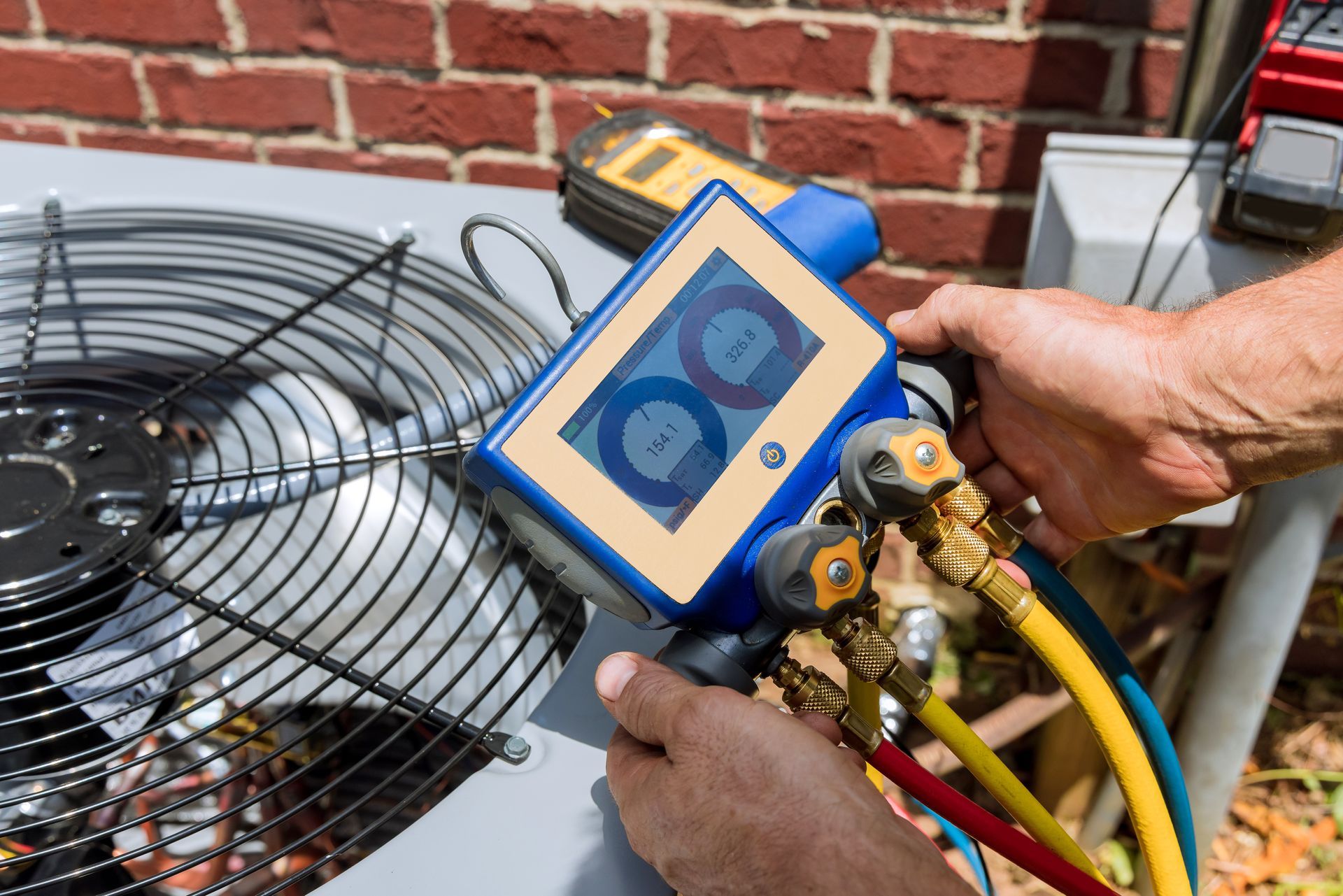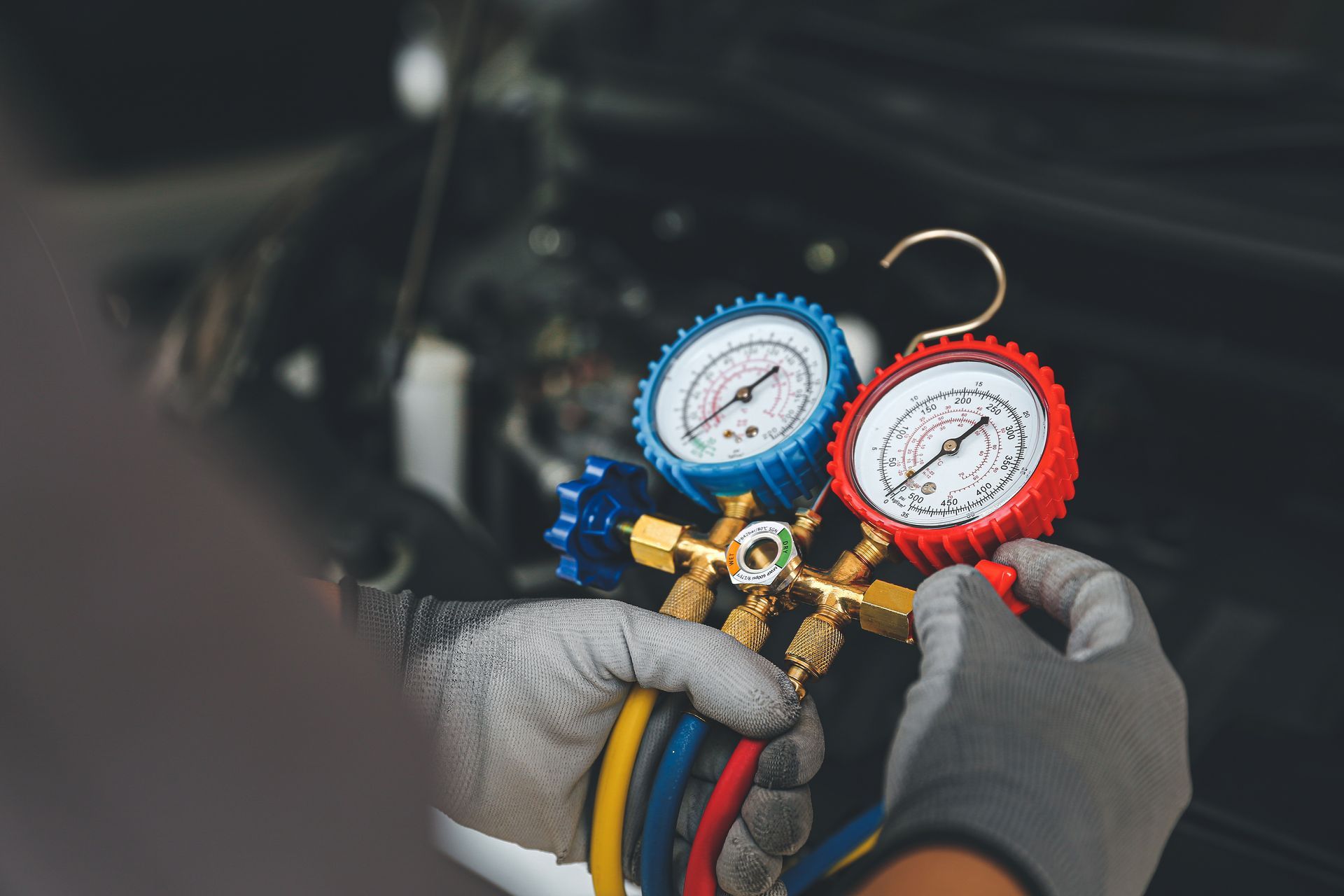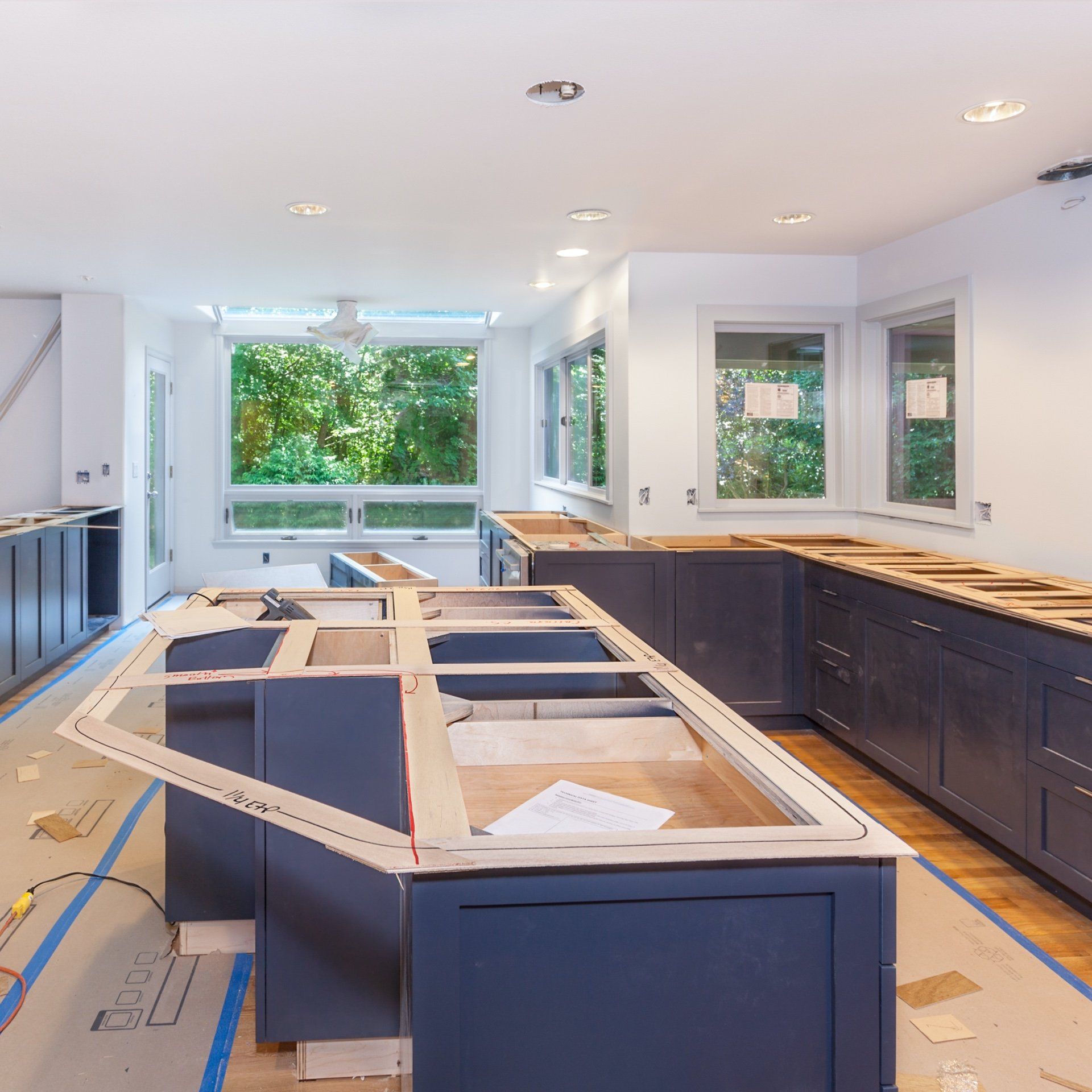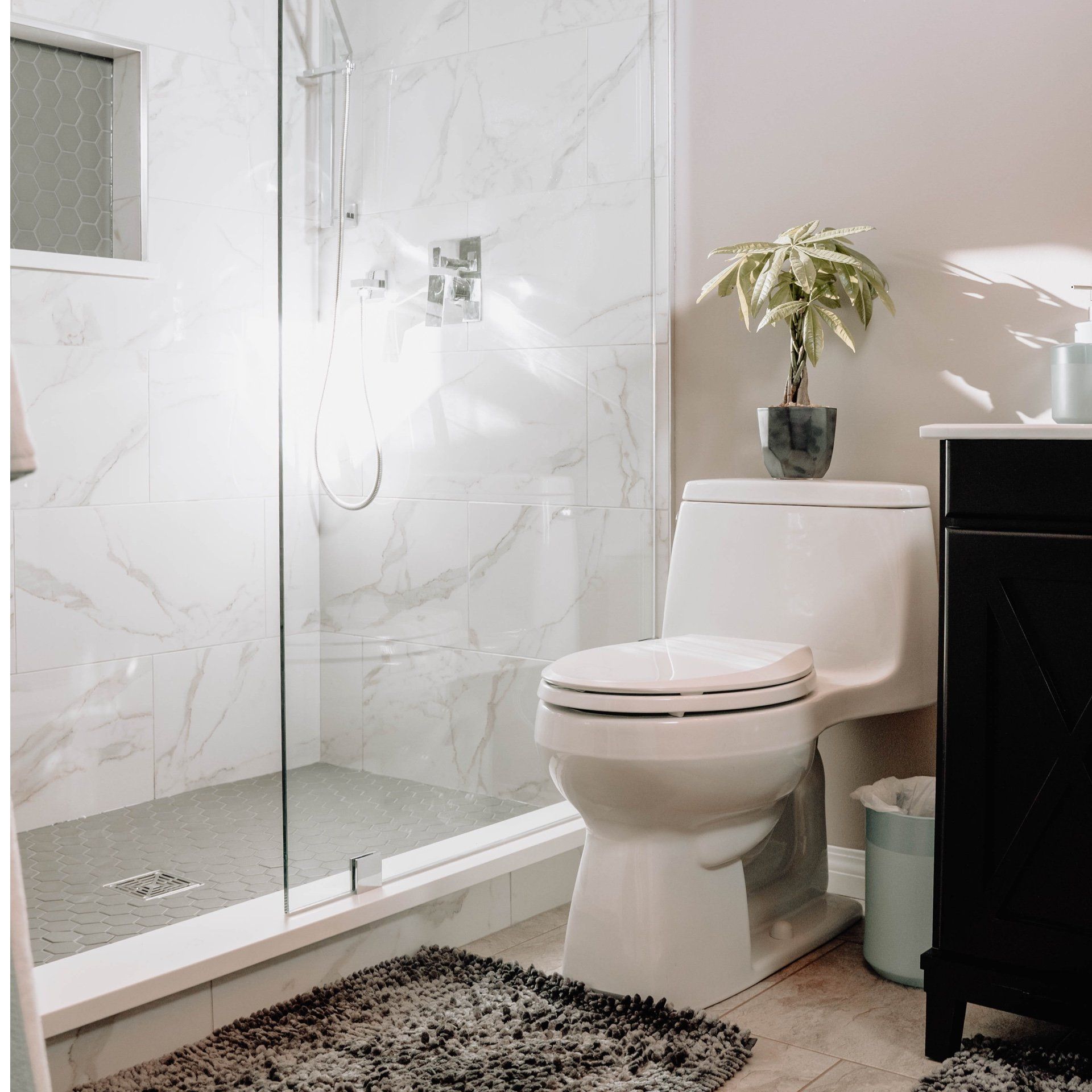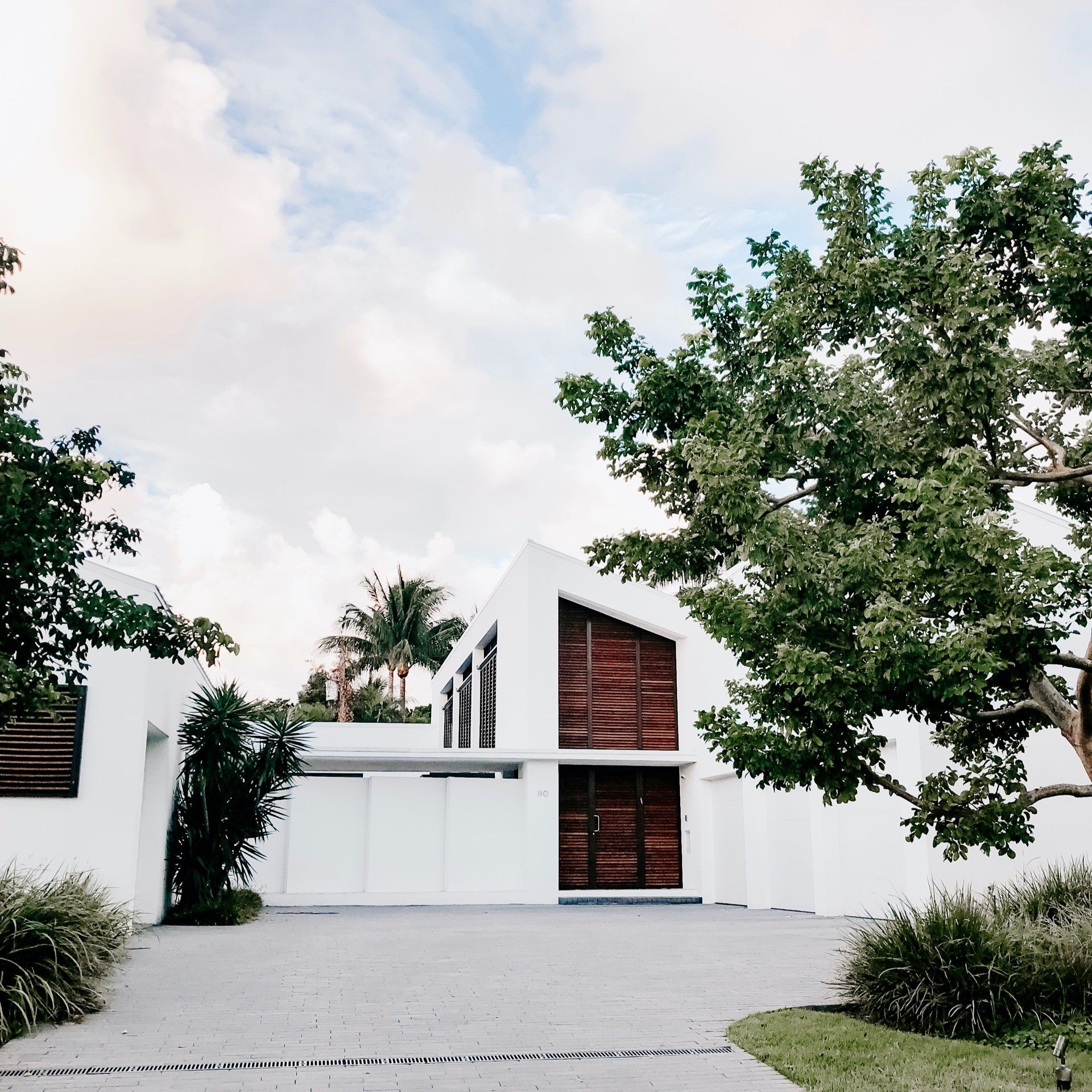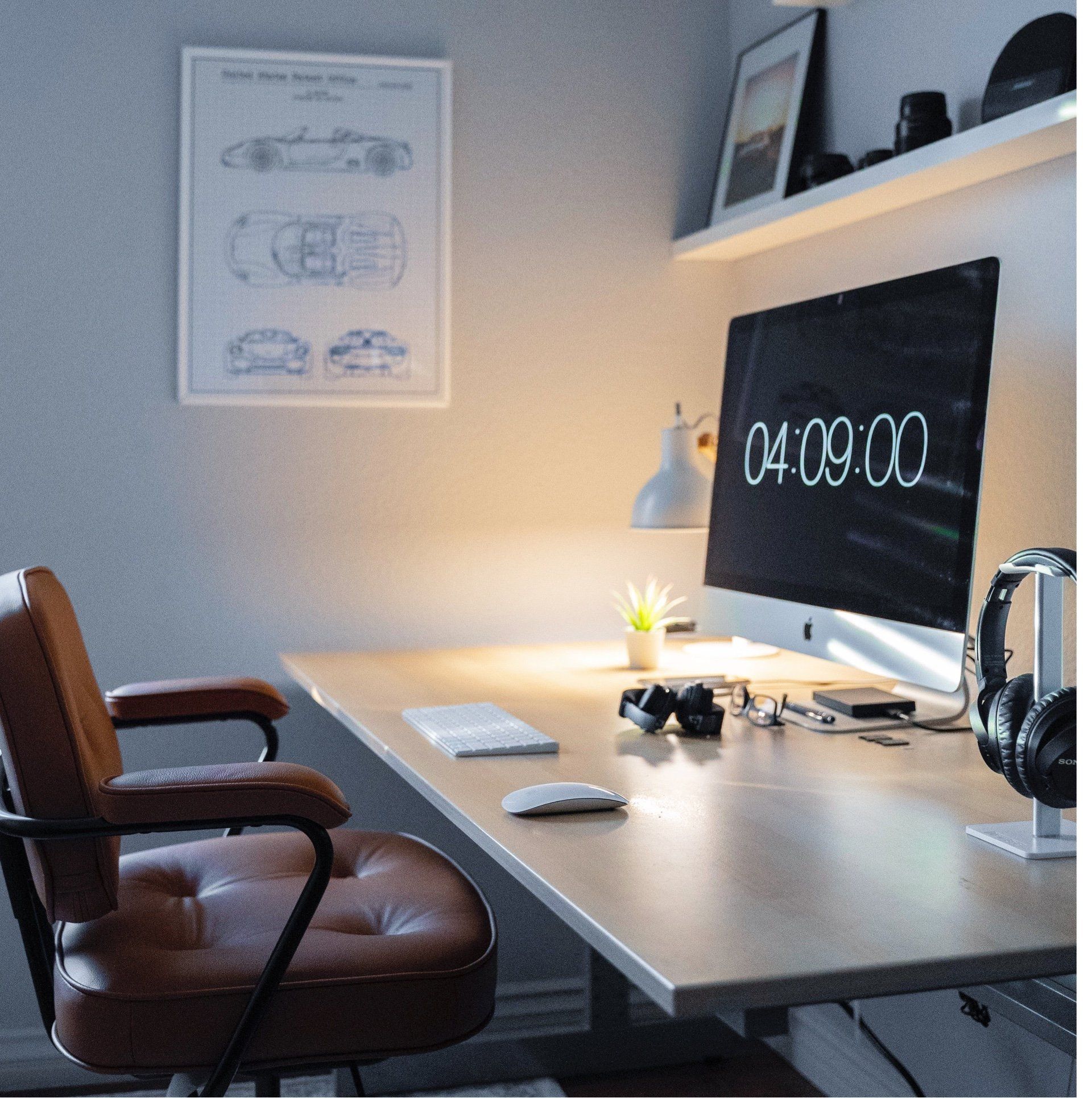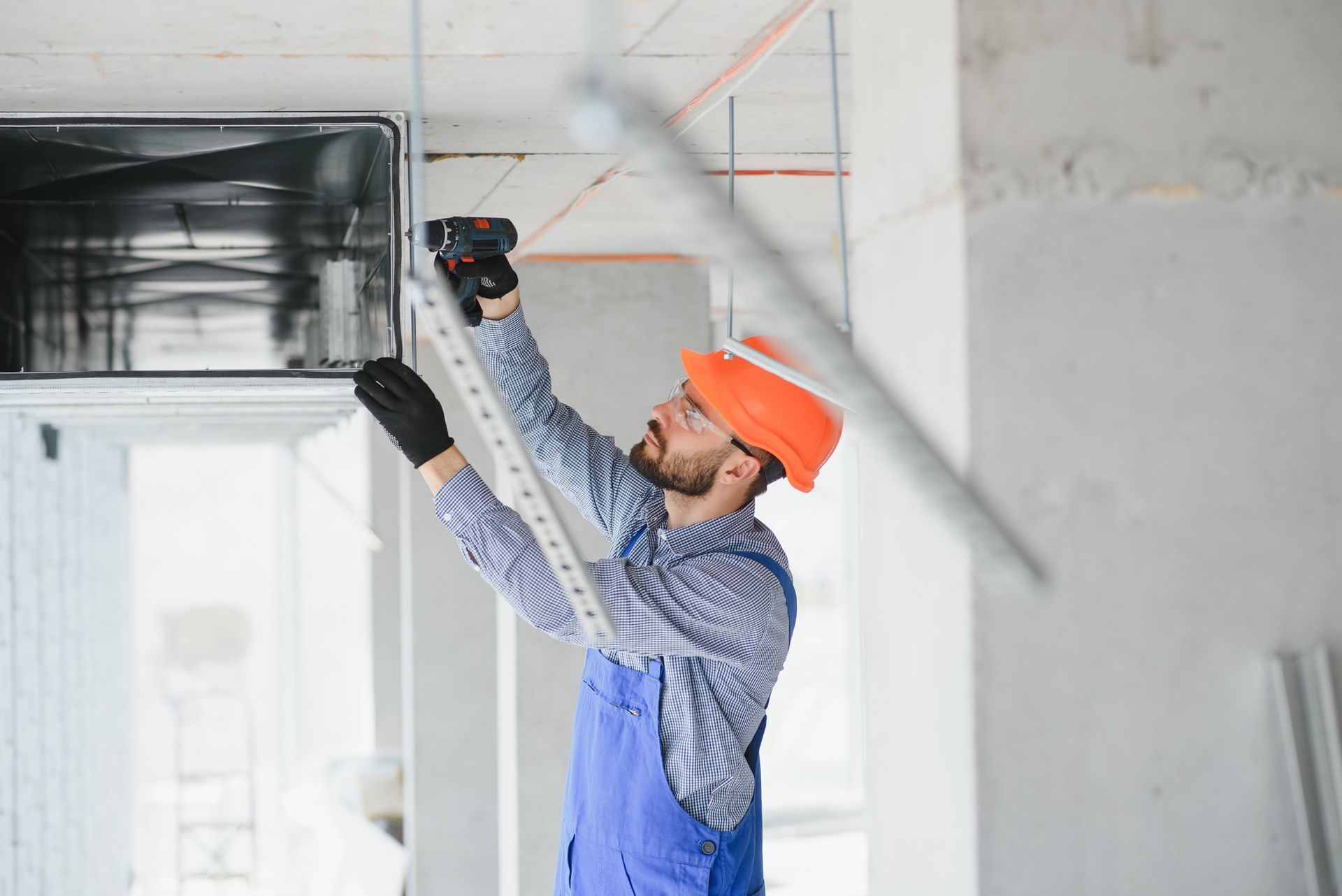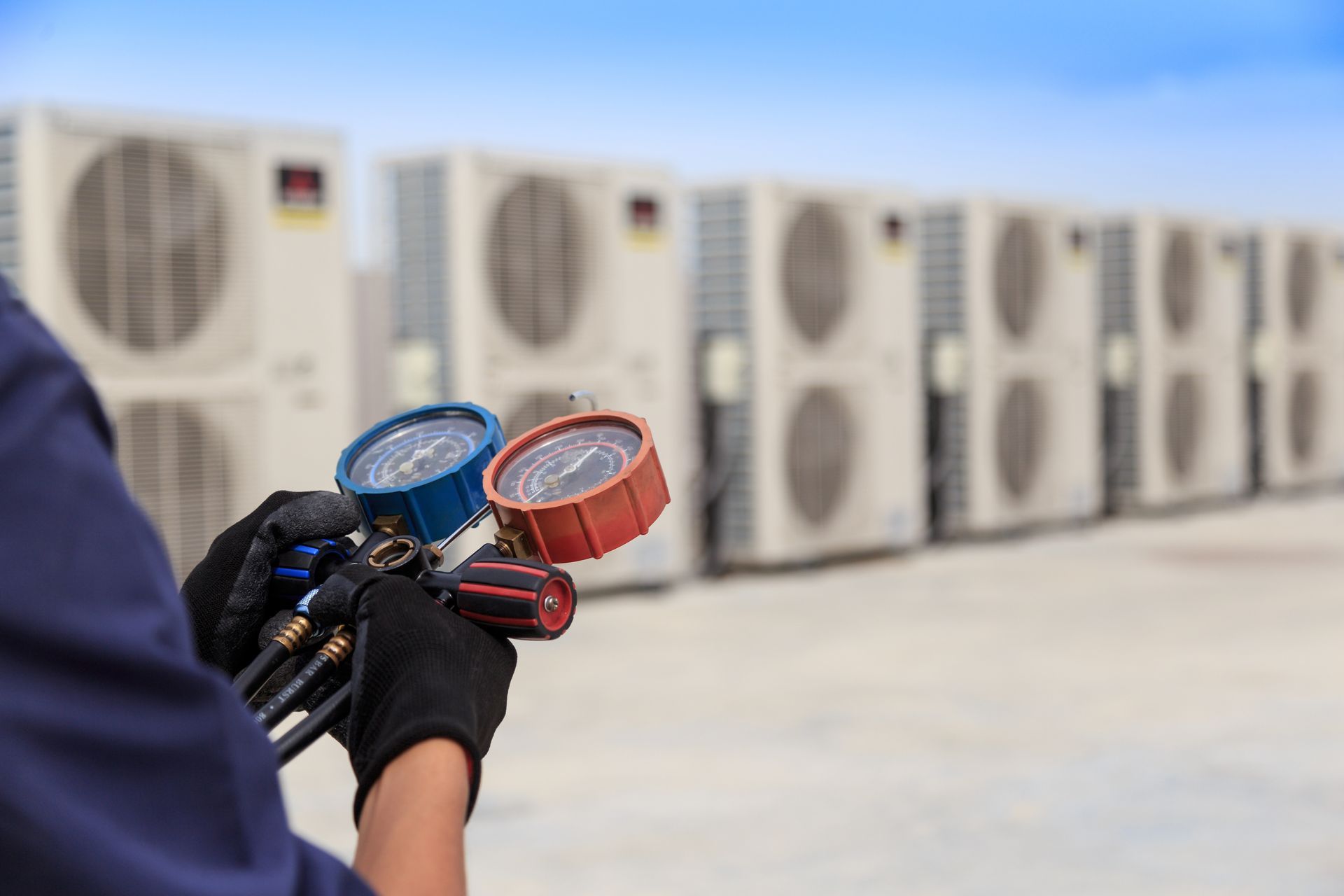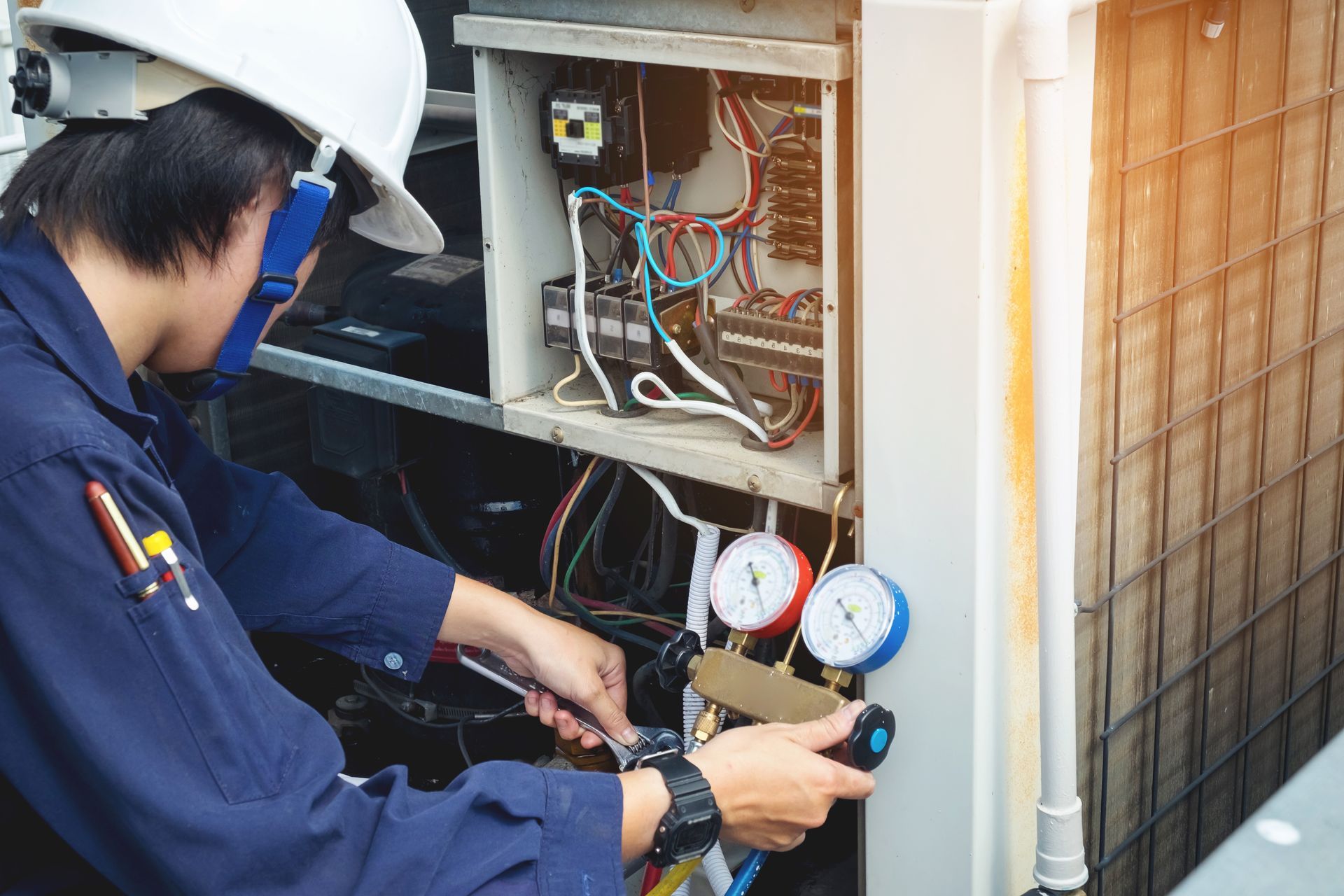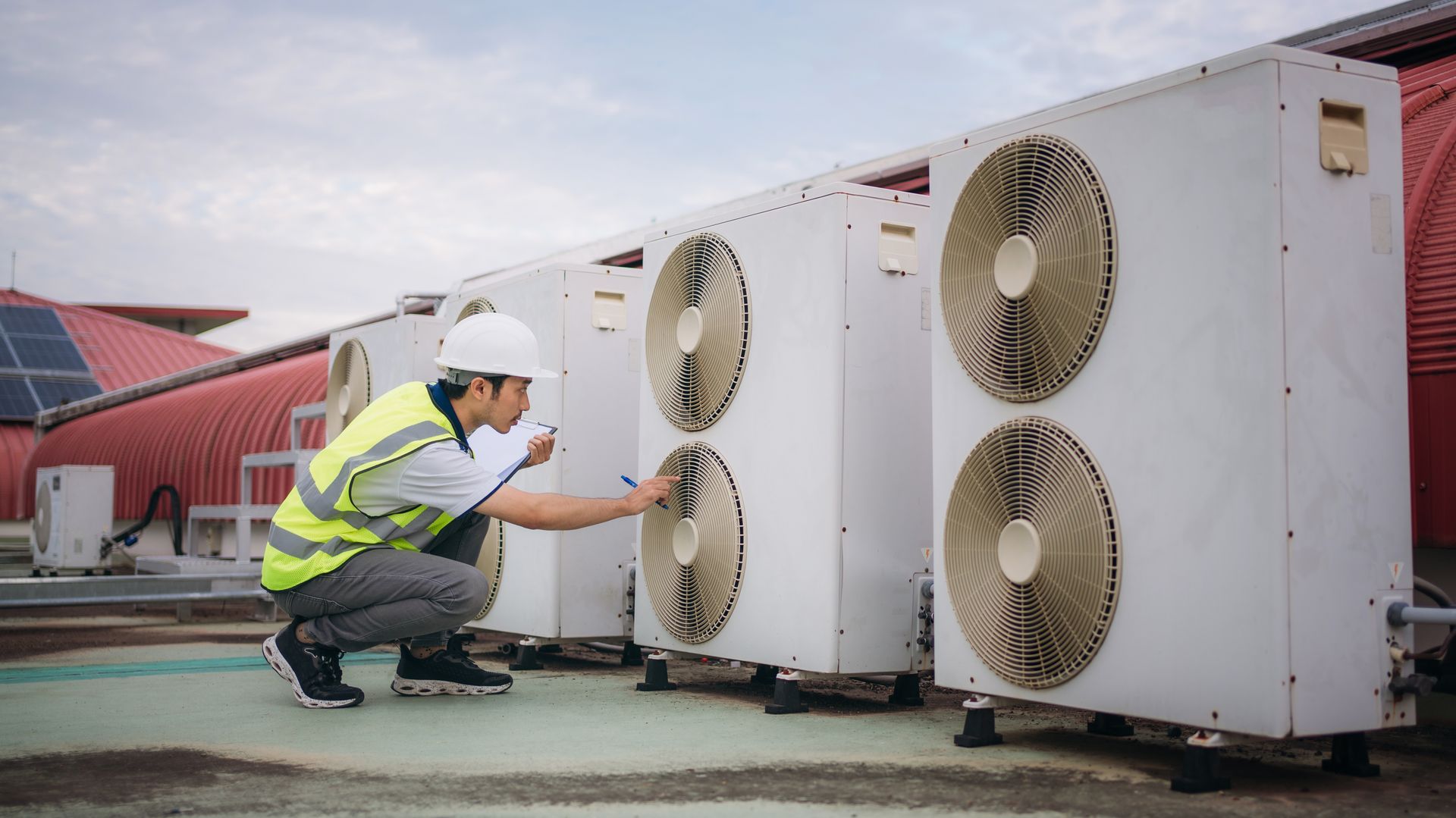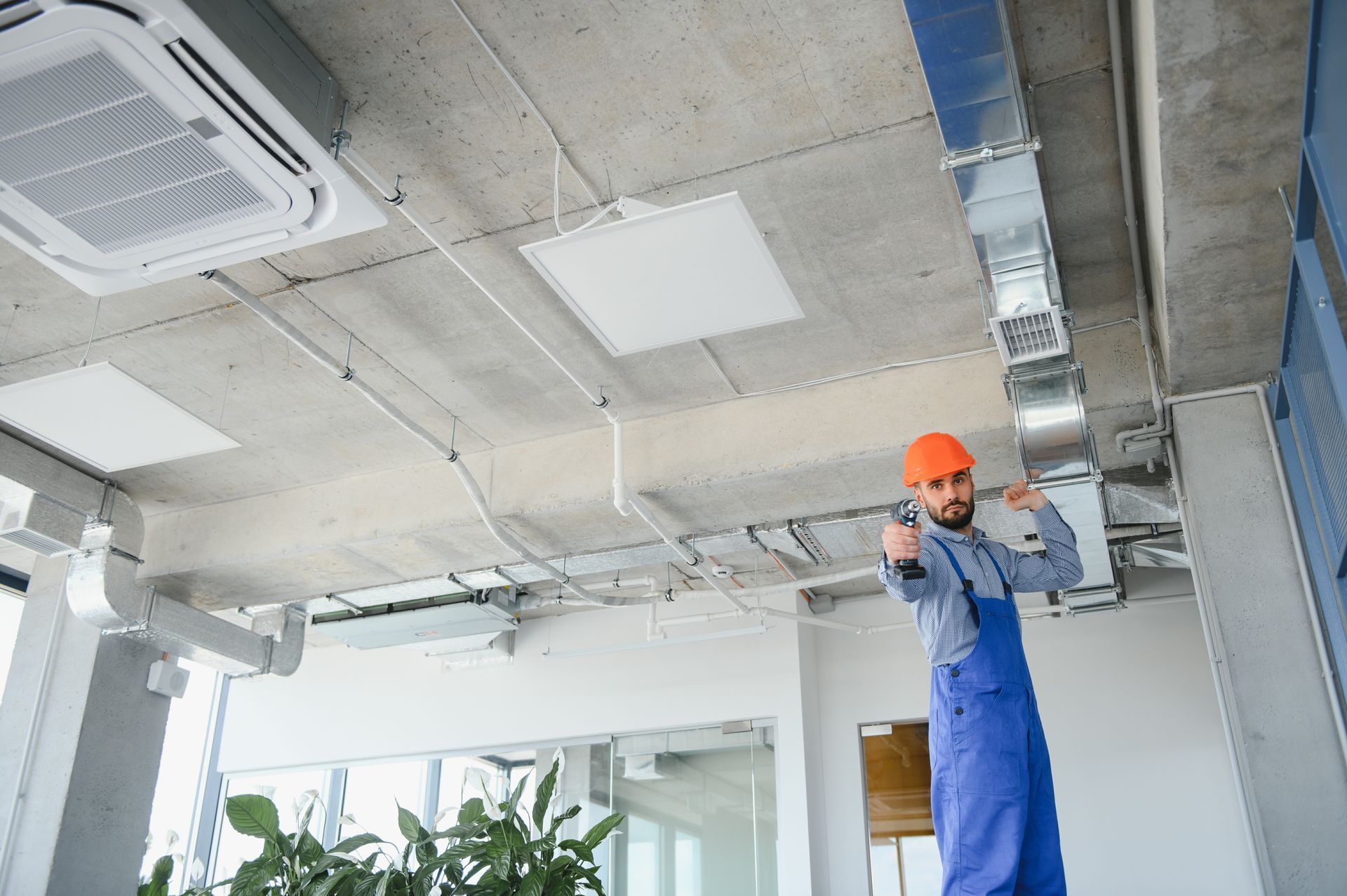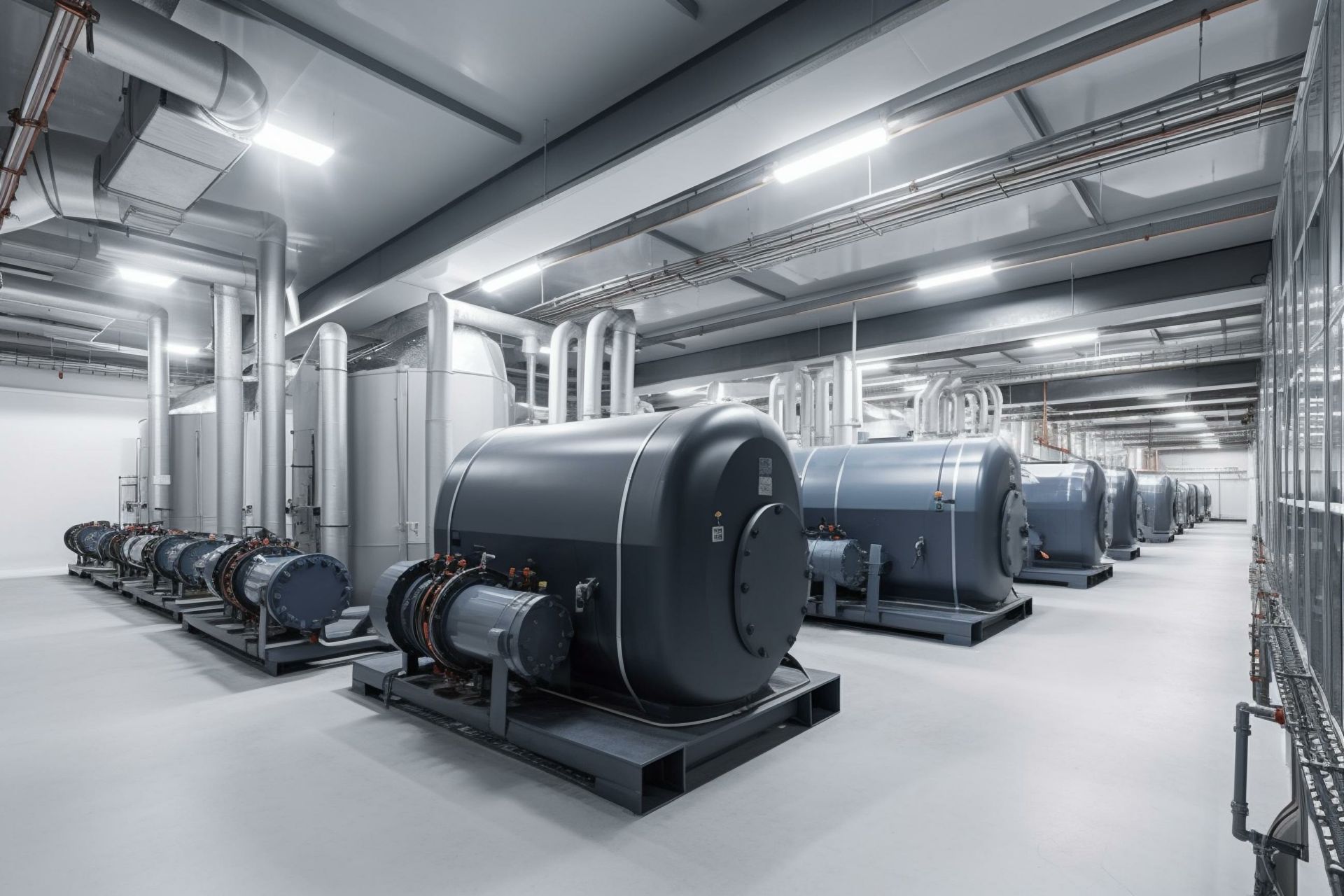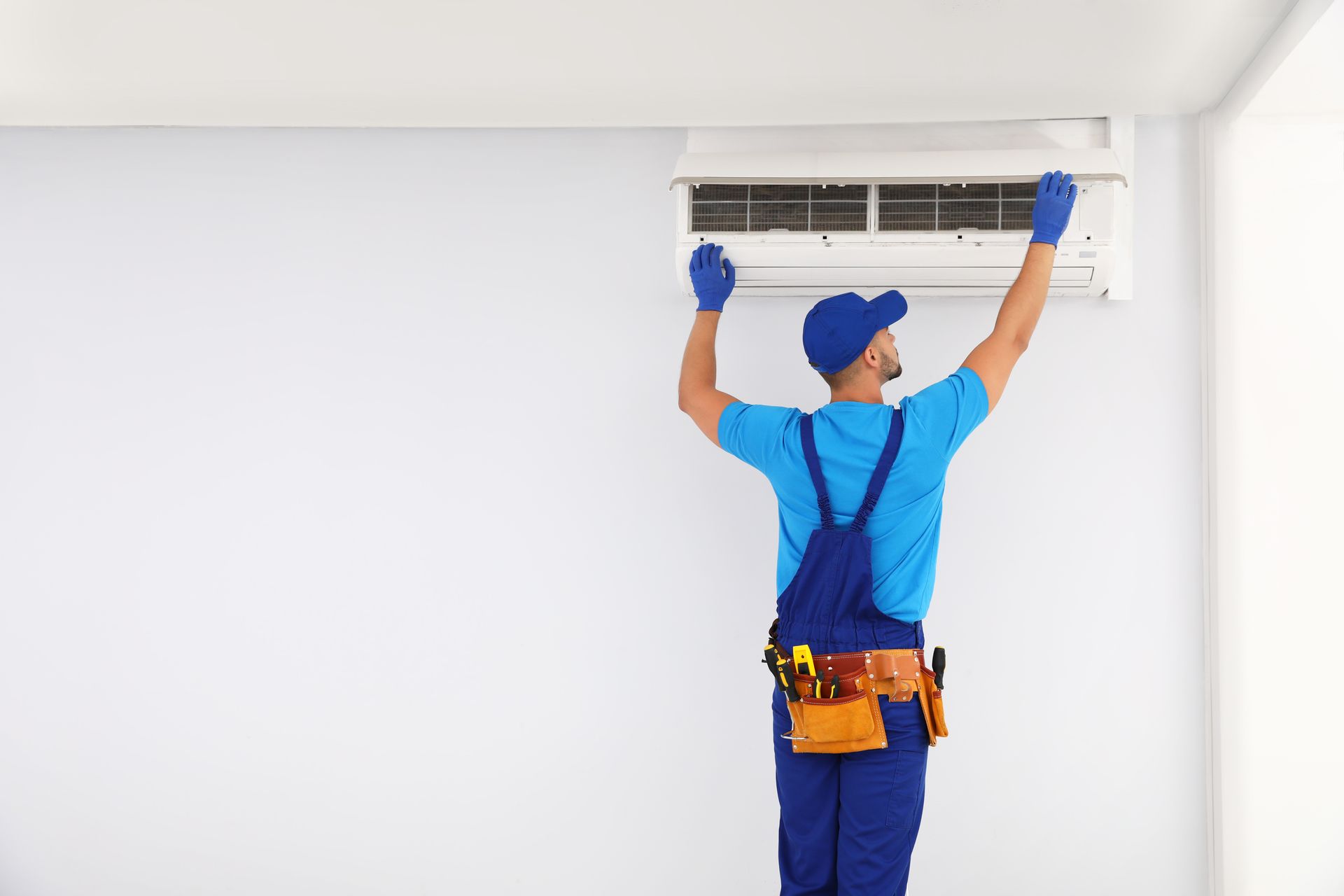Ensuring Indoor Air Quality: The Role of Ventilation in Commercial HVAC Systems
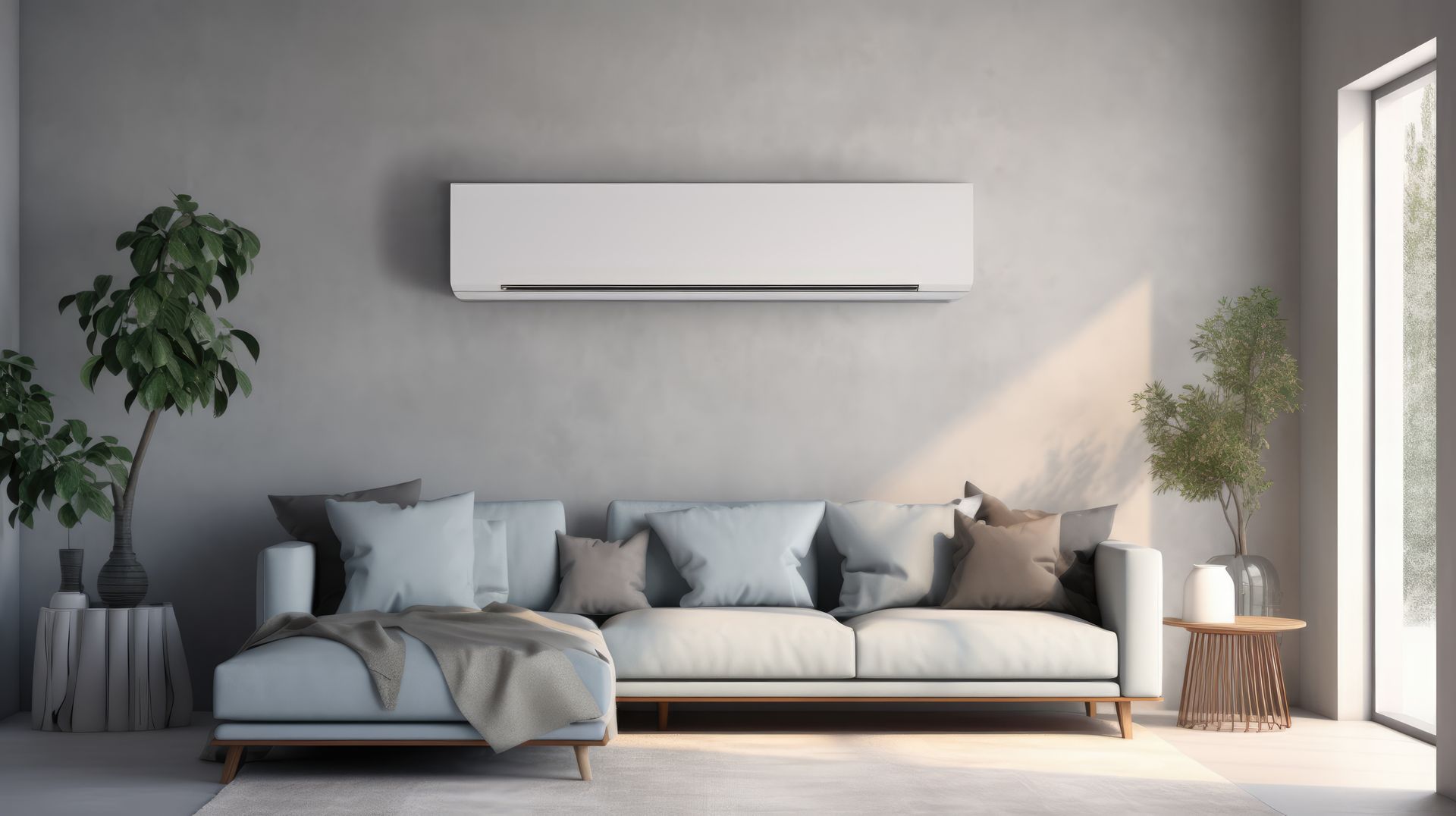
Indoor air quality is a vital component of any healthy building environment, particularly in commercial spaces where people spend significant amounts of time. It directly impacts the well-being of occupants, affecting everything from comfort levels to productivity. One of the key players in maintaining high indoor air quality is the ventilation component of your HVAC system.
Importance of Ventilation in Indoor Air Quality
Ventilation, the V in HVAC, ensures a steady supply of fresh, outdoor air while expelling stale indoor air. Proper ventilation also helps reduce the concentration of pollutants, such as dust, allergens, and airborne viruses, contributing to a healthier environment. Additionally, effective ventilation regulates humidity levels, preventing damp conditions that can lead to mold growth and other moisture-related problems.
Types of Ventilation Systems
Commercial HVAC systems employ various types of ventilation strategies. Natural ventilation utilizes doors, windows, vents, and other openings to allow air movement. Mechanical ventilation, often used in larger commercial spaces, uses fans and ductwork to move air in and out of the building. Mixed-mode ventilation combines both methods for a more flexible approach. Understanding the types of ventilation that your building requires is the first step towards maintaining healthy indoor air quality.
Maintaining Your Ventilation System
Just like other components of an HVAC system, regular maintenance is crucial for your ventilation system to perform at its peak. This includes regular cleaning of air ducts and vents to remove dust and pollutants, ensuring that filters are changed regularly, and checking for any signs of mold or moisture build-up. Also, keeping outdoor air intakes clear of obstructions will ensure that fresh air can enter the building efficiently.
Hiring a HVAC Professional: The Benefits
Entrusting your commercial HVAC system to a professional brings numerous benefits. HVAC professionals are trained to evaluate your system, diagnose any issues, and perform necessary maintenance tasks. They can provide expert advice on the best ventilation strategies for your building and guide you in optimizing your system for improved indoor air quality.
Notably, a professional HVAC service ensures your system is in compliance with local building codes and industry standards. These codes are in place to guarantee safety and efficiency, and meeting them is paramount in maintaining a healthy, productive environment.
DIY Approach: The Dangers
While it may be tempting to handle HVAC maintenance tasks yourself, it's essential to be aware of the potential risks. HVAC systems are complex, and mistakes can lead to reduced system efficiency, higher energy costs, and potential damage to the system. Improper maintenance could even create conditions conducive to mold growth, negating your efforts to improve indoor air quality.
Additionally, without the proper knowledge and training, performing DIY work on a HVAC system could lead to safety risks, including electrical hazards and potential exposure to harmful pollutants.
In Conclusion
Maintaining a high indoor air quality is crucial for any commercial space, and effective ventilation plays a key role in achieving this. Regular maintenance, carried out by a professional HVAC service, is crucial for your system's performance and the health of your building's occupants.
If you are seeking expert advice on ventilation strategies, need assistance with HVAC maintenance, or have any other queries about your commercial HVAC system, don't hesitate to reach out. Please visit the "Contact" page of our website to get in touch. We're here to ensure your HVAC system supports a safe, comfortable, and productive environment.
